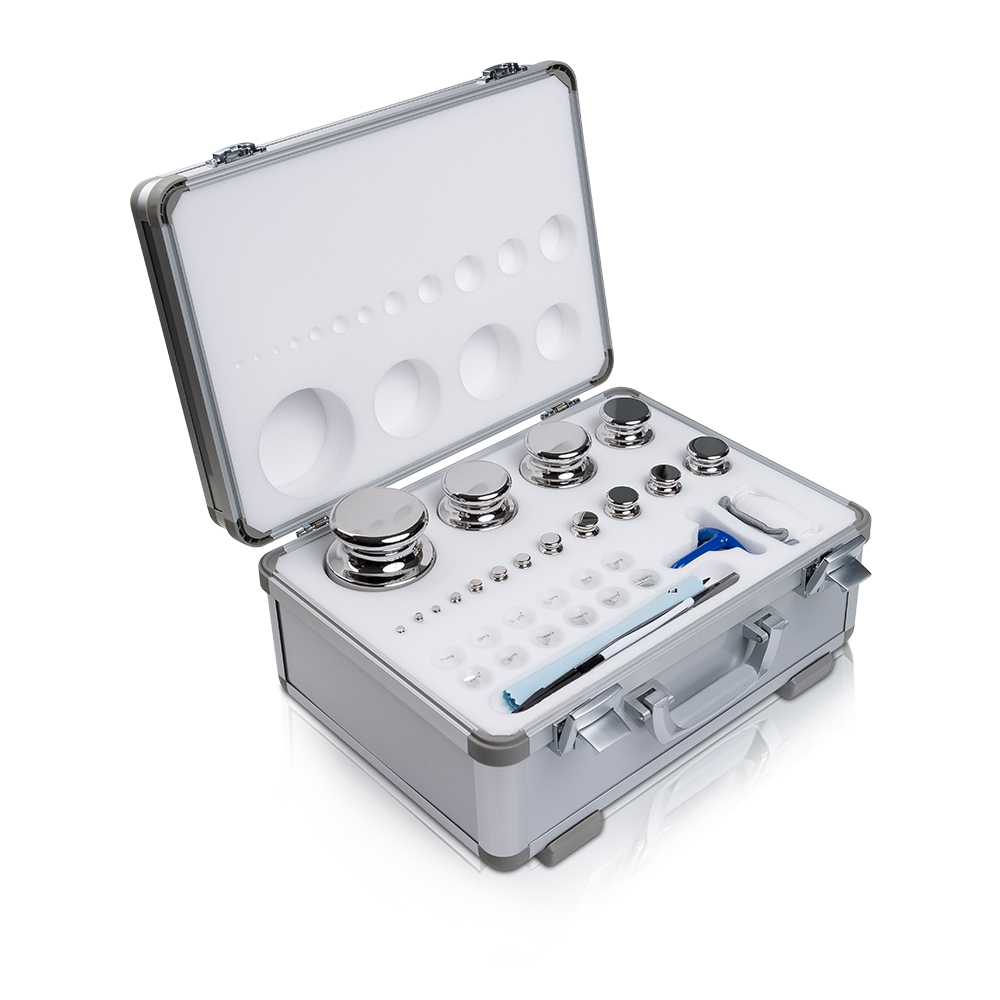Standard Series Test Weights are key tools for ensuring the accuracy and reliability of scales in industrial production, quality control, and laboratory measurements. Different industries use test weights differently due to their different requirements for weighing accuracy. The following is an overview of how to correctly use standard series test weights in several major industries.
1. Manufacturing: Ensuring the Accuracy of Production Line Scales
In the manufacturing industry, such as food processing, chemical industry, metal processing, etc., electronic scales, floor scales and other equipment are used extensively to weigh raw materials and finished products. In order to ensure product quality and process stability, these scales need to be calibrated regularly using standard series test weights.
Correct use method:
Select standard weights of the corresponding grade (E1/E2/F1 grade, etc.) according to the maximum weighing range of the scale.
Before calibration, ensure that the ambient temperature and humidity are stable to avoid airflow.
During the calibration process, place weights of different weights in sequence to verify linearity and repeatability.
Establish a regular calibration system and record data for traceability.
2. Medical and pharmaceutical: Comply with GMP and regulatory requirements
In the pharmaceutical industry, especially in the preparation, research and development and packaging of drugs, weighing errors may lead to serious consequences. Therefore, the industry has extremely high requirements for the accuracy and traceability of scales.
Correct use method:
Use high-precision F1 or E1 grade standard weights for daily calibration.
All weights used must have national metrology certification (such as NIST, OIML certification).
Implement daily startup calibration and regular maintenance plans.
Record each calibration result to ensure compliance with GMP (Good Manufacturing Practice) and ISO standards.
3. Scientific research and laboratories: Ensure the scientific nature of experimental data
Precision instruments such as balances and microbalances in laboratories require extremely high-precision calibration to ensure the authenticity and repeatability of experimental data.
Correct use method:
Use E1 or E2 grade standard weights, which are suitable for calibration of analytical balances and precision balances.
Weights should be stored in a constant temperature and humidity environment to prevent oxidation and contamination.
Use anti-static tools and gloves to operate weights to avoid contamination and electrostatic interference.
Regularly send to a third-party authority for traceability verification.
4. Logistics and warehousing: ensure accurate weighing of goods
In the field of logistics and warehousing, especially when transporting bulk goods, the accuracy of equipment such as scales and forklift scales is directly related to cost accounting and customer trust.
Correct use method:
Use large-mass M1 or F1 standard weights for periodic calibration.
For large scales, use substitution or superposition methods for on-site calibration.
Pay attention to external factors such as ground flatness and wind force during calibration.
Combined with software systems to automatically record and compare data to improve management efficiency.
5. Education and training: Cultivate professional operating skills
In colleges and vocational training institutions, standard weights are used for teaching demonstrations and student practical training to help understand the principles of mass measurement and error control.
Correct use method:
Use F1-level standard weights with clear appearance and easy identification as teaching aids.
Emphasize the correct operation process, such as cleaning, handling, storage and other precautions.
Simulate actual application scenarios to improve students' practical ability.
The International Organization of Legal Metrology (OIML) standards and related regulations are explained in conjunction.
As an important basis for measuring the performance of weighing instruments, standard series test weights play an irreplaceable role in all walks of life. Whether in a high-precision laboratory or a large-scale industrial site, the rational selection and correct use of standard weights can not only improve work efficiency, but also ensure the reliability and compliance of measurement data. Each industry should formulate corresponding calibration procedures according to its own needs, and strengthen personnel training and equipment management to achieve high-quality weighing management goals.


 English
English















